The effect of a proposed motor education program on developing some of the special abilities of children with motor disabilities
Main Article Content
Abstract
The aim of the research was to evaluate the effectiveness of different motor education strategies in developing the abilities of children with motor disabilities. Questionnaires were used to collect data from teachers and specialists who work with children with motor disabilities. The questionnaires were designed to measure teachers’ opinions about the effectiveness of different strategies, the challenges they face, and their satisfaction with the results of the programs. The results of the study showed that motor education strategies such as free motor play and movement therapy have a significant positive effect on the development of motor abilities in children with motor disabilities. The recommendations were: Design motor education programs specifically for children with motor disabilities
Article Details

This work is licensed under a Creative Commons Attribution-NonCommercial 4.0 International License.
References
Al-Masry, W. A. (2008). An analytical study of the nature of the relationship between play and its impact on the personality of six-year-old children. Al-Ilm Al-Talib Magazine,Institute of Education, Department of Education, Amman, Jordan, 2, 44.
Gastelum-Acosta, P. E., Acosta López, D. R., Ramírez Torres, G. I., Chávez Erives, A. I., & Gastélum-Cuadras, G. (2024). Socio-educational strategies plan for the development of psychomotor skills in early childhood edu-cation students. Retos, 55, 745–755. https://doi.org/10.47197/retos.v55.97257
Jariono, G., Nurhidayat, Prita Yunita, Satria Yudi Gontara, Haris Nugroho, & Uzizatun Maslikah. (2023). Strategies to Improve Children’s Motor Skills with Special Needs Through Circuit Method Based Inclusion Education. Kinestetik : Jurnal Ilmiah Pendidikan Jasmani, 7(2), 434–440. https://doi.org/10.33369/jk.v7i2.27485
Khudhair, A., Ghazi, M., Ahmed, M., Kzar, M., Kzar, M., Alhsnawy, F., Jawoosh, H., & Hamza, D. (2024). Impact of Digital Competence on the Teaching of Sports Education Curricula in IRAQI Civil Universities. Education Journal, 13(2), 77–82. https://doi.org/10.11648/j.edu.20241302.14
Kolomoiets, H., & Dykiy, O. (2022). The influence of movement activity on increase of the level of physical fitness of students. Scientific Journal of National Pedagogical Dragomanov University. Series 15. Scientific and Pedagogical Problems of Physical Culture (Physical Culture and Sports), 11(157), 81–84. https://doi.org/10.31392/NPU-nc.series15.2022.11(157).19
Lukyanchenko, М. (2023). The influence of physical culture and health activities on the physical fitness of younger schoolchildren. Scientific Journal of National Pedagogical Dragomanov University. Series 15. Scientific and Pedagogical Problems of Physical Culture (Physical Culture and Sports), 5(165), 71–75. https://doi.org/10.31392/NPU-nc.series15.2023.5K(165).15
Mosiseek, L. Z. (2019). others: The effect of mental recreational exercises to improve physical and skill performance in obese children aged 7-9 years,. Modern Sport, Scientific International First of Issue Special Conference, 2(18).
Muhammad, A. G. (2021). Motor Education between Theory and Practice. Dar Al-Manhajiya for Publishing and Distribution.
Mushref, A. J., Shabib, S. S., & Ahmed, D. M. A.-D. (2025). The effect of suggested exercises using the Carplus method in improving motor performance motivation and learning some floor movement mat skills in artistic gymnastics for beginners. Journal of Studies and Researches of Sport Education, 35(3), 32–47. https://doi.org/DOI:https://doi.org/10.55998/jsrse.v35i3.1104
Nurhidayat, N., Jariono, G., Sudarmanto, E., Subekti, N., Nugroho, H., & Maslikah, U. (2023). How to Improve Special Needs Children’s Motor Skills by Modifying Circuit Exercises. International Journal of Human Movement and Sports Sciences, 11(6), 1244–1252. https://doi.org/10.13189/saj.2023.110608
Odeh, A. Y., Shabib, S. S., Ghazi, M. A., & Mohammed, L. H. (2024). Developing physical education curricula in the age of artificial intelligence. Journal of Sports Education Studies and Research, 34(3), 37–56. DOI: https://doi.org/10.55998/jsrse.v34i3.687
Ostrosky, M. M., Favazza, P. C., Yang, H.-W., Stalega, M. V., Aronson-Ensign, K., Cheung, W. C., Akemoğlu, Y., Block, M. E., & Kwan, N. (2024). Investigating the Impact of a Motor Program on Preschoolers With Disabilities. Infants & Young Children, 37(1), 3–19. https://doi.org/10.1097/IYC.0000000000000254
Sorbo, F. Del. (2023). The Motor Activity for the Child’s Formation. International Journal of Education and Evaluation, 9(3), 83–88. https://doi.org/10.56201/ijee.v9.no3.2023.pg83.88
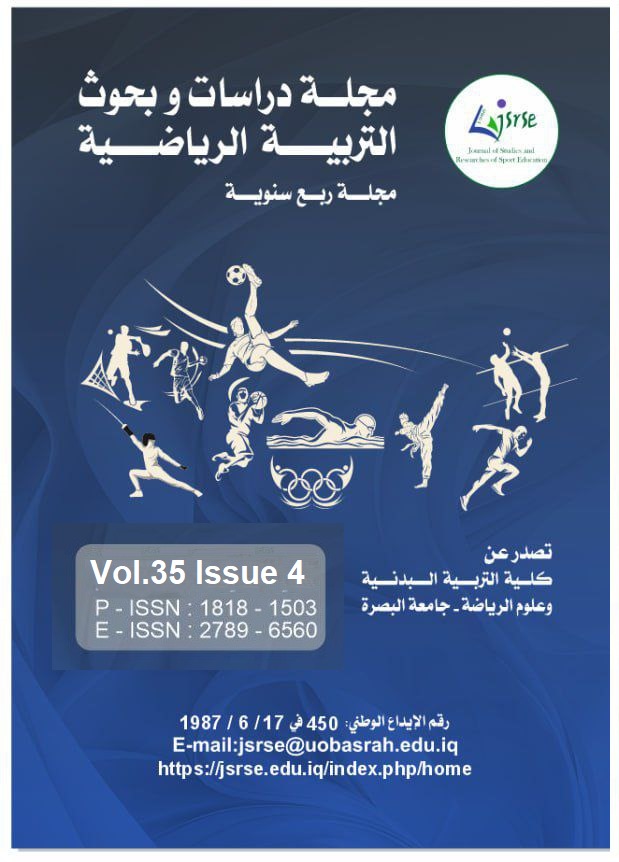




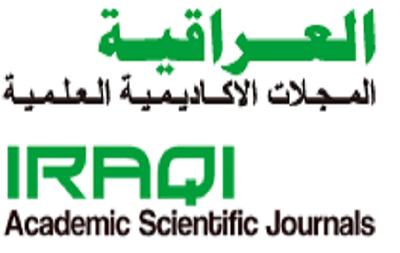 IASJ
IASJ CC-BY-4.0
CC-BY-4.0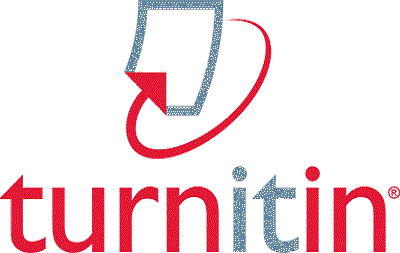 turnitin
turnitin ISSN
ISSN DOAJ
DOAJ Crossref
Crossref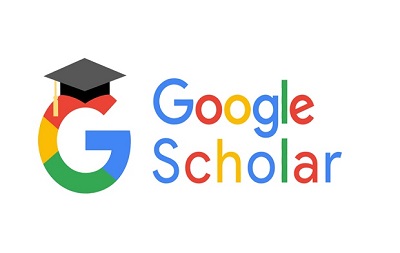 GoogleScholar
GoogleScholar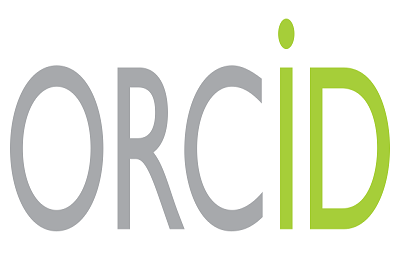 Orcid
Orcid